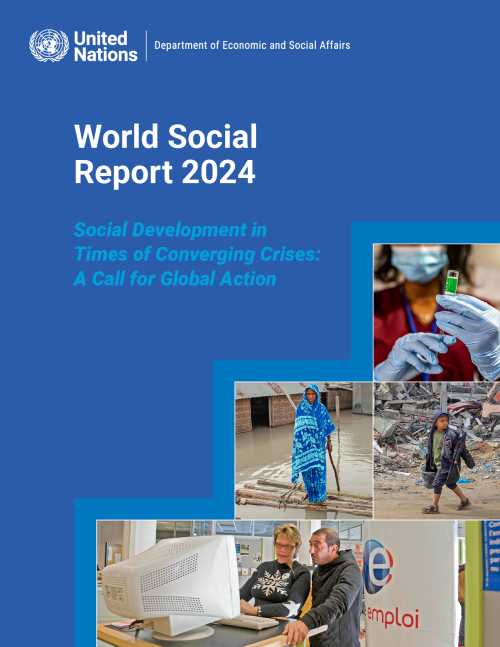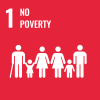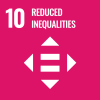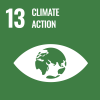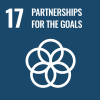According to the World Social Report 2024, urgent global action is needed to support national efforts to address the setbacks caused by the recent global crises, and to avoid the conversion of future shocks to crises.
Titled “Social Development in Times of Converging Crises: A Call for Global Action”, the World Social Report 2024 explains that, in our current global policy environment, shocks more readily turn into crises that cross boundaries, demanding international action. Particularly as such crises disproportionately impact the most vulnerable people, societies and countries.
Crisis-driven setbacks in poverty reduction and unemployment
Successive shocks, starting with the COVID-19 pandemic, have triggered reversals in key measures of social development progress. The world experienced the first increase in extreme poverty in 20 years, and inequality has risen sharply and remains high. While macroeconomic recoveries are under way, extreme poverty remains high in countries in special situations, indicating deep-seated structural vulnerabilities. By 2022, extreme poverty had returned to pre-pandemic levels in most countries, except low-income ones.
Unemployment rates in low-income countries have also remained persistently high, with the employment gap rate increasing from 20 per cent in 2018 to 21 per cent in 2023. These trends have exacerbated existing income and wealth inequalities globally. In 2022, the poorest half of the global population owned only 2 per cent of the world’s wealth, while the richest 10 per cent held 76 per cent.
According to the report, the crises could result in cumulative economic output loss of more than $50 trillion USD between 2020 and 2030, reflecting lost opportunities for investing in social development.
Urgent need for global action to ease national constraints
The report emphasizes the critical need for reform and refocusing of international development finance to support country-level response to global crises and create the fiscal space needed to drive social progress.
"This report brings to light the important role of multilateral action in supporting national-level efforts to find fiscal space to fight poverty, create jobs, and ensure everyone has a fair chance in life," said Li Junhua, United Nations Under-Secretary-General for Economic and Social Affairs. "When the world comes together next year at FFD4 and the Social Summit, the findings of this report will inform their decision-making and help identify solutions."
The report examines measures to ease the debt burdens of developing nations, including through debt swaps for SDG investments that could secure long term, resilient pathways for social development. It further explores how official development assistance (ODA), in the form of grants and concessional loans, meaningful debt relief in the short term and a strengthening of the sovereign debt architecture in the long term could advance social development, especially in countries in special situations. Increased donor support could also help maintain the financial viability of regional risk pools, such as the Caribbean Catastrophe Risk Insurance Facility, the Pacific Catastrophe Risk Insurance Company and the African Risk Capacity.
Highlighting how countries with strong social protection systems have fared better in navigating the recent crises, the report points out that only half of the world has access to at least one social protection benefit. The report calls for global cooperation to promote a human rights-based approach to social protection, ensuring continuity during times of crisis. It calls for developing well-regulated insurance markets with expanded coverage tailored to meet the diverse needs of vulnerable populations.
 Welcome to the United Nations
Welcome to the United Nations
